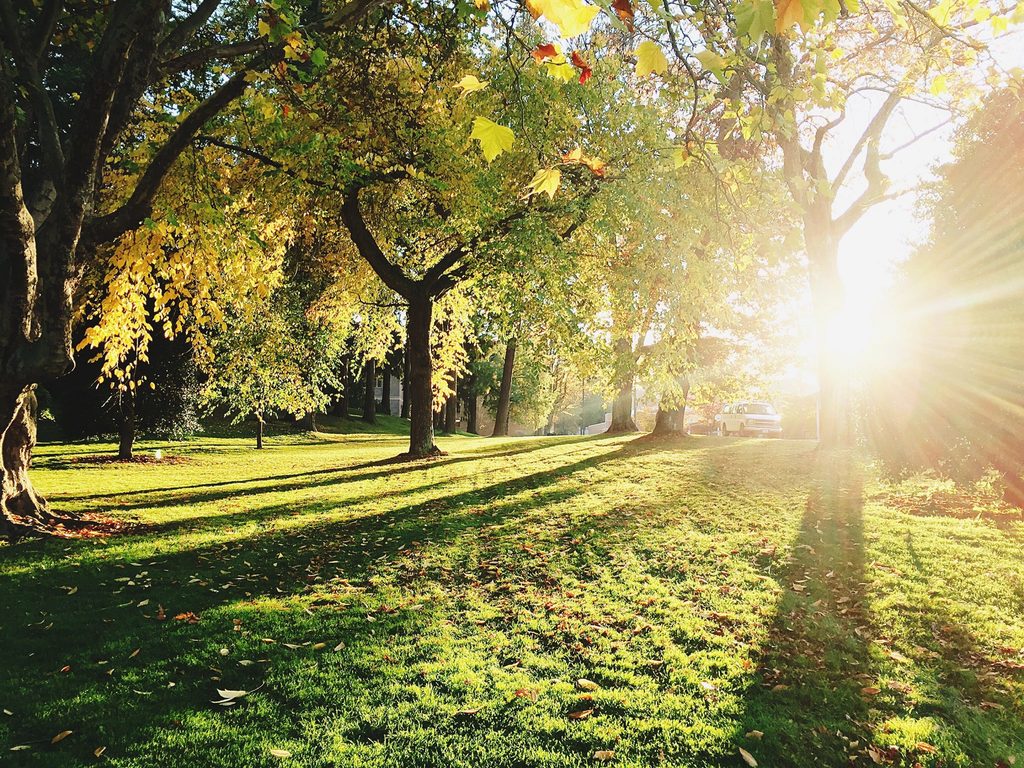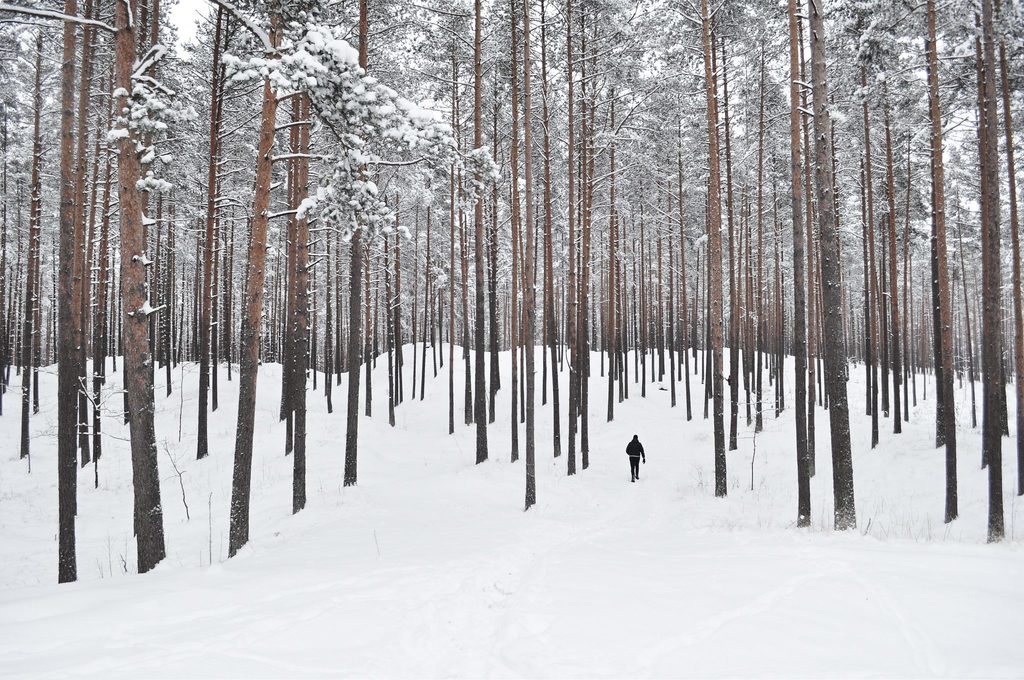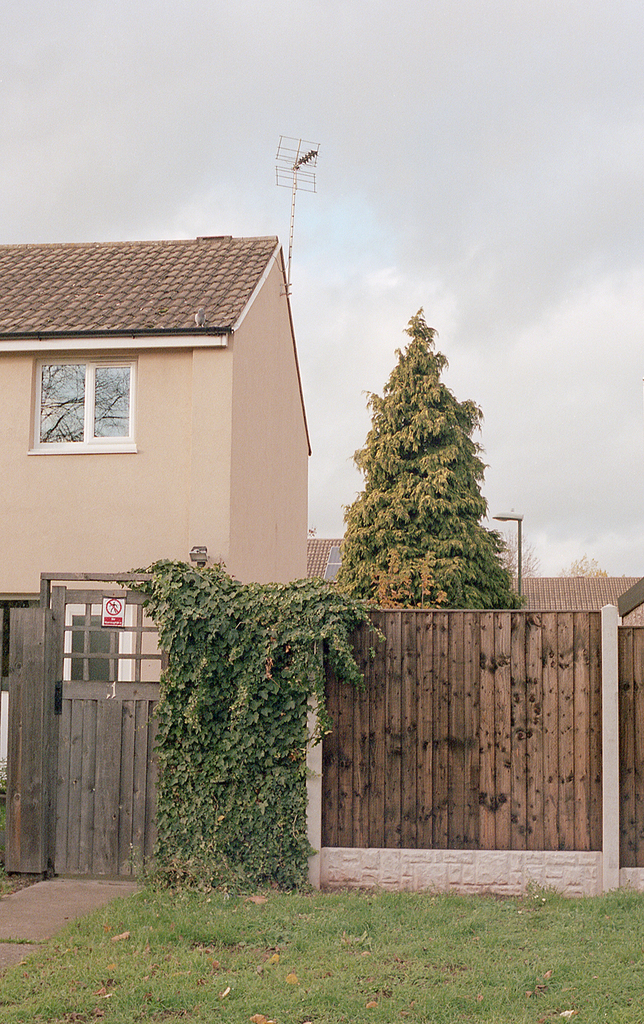It’s time to start valuing our forests
Our forests are vital in the fight against the climate crisis. We need to start protecting them.
This week, scientists revealed that we’ve been massively underestimating the damage caused by destroying forests.
Research at the University of Queensland, Australia showed that the climate impact of clearing forests has been undervalued by a factor of six. The study only included tropical forests, meaning the true number is even higher.

What does that mean for the climate?
It shows that we need to change the way we think about our trees. Instead of only measuring the instant release of CO2, this study took into account the future carbon absorption properties of the trees.
If we are to reverse the climate crisis, trees will play a huge role. This study is the starting point for how we value them — and why protection is crucial.
The power of trees
You might have heard people call the Amazon rainforest “the lungs of the planet” — and it’s a very apt metaphor.
Trees in all parts of the world store carbon dioxide and use it to grow. They currently absorb around 29% of human carbon emissions. And recently, scientists claimed that vast tree planting could have ‘mind-blowing potential’ to tackle climate change.
But we need to act fast.

Since the Industrial Revolution, the levels of atmospheric carbon dioxide have skyrocketed. While that has warmed the planet, it’s also caused plants to grow quicker thanks to the extra CO2 used for photosynthesis.
But that is forecast to change. By the end of the century, it’s thought that plants won’t be able to keep up this rate of growth. It’s another ticking time bomb in the race to absorb and reduce our CO2.
How can we help?
While a new revolution of tree planting is necessary, it’s important to protect what we’ve got. Here are a few direct actions we can all take to protect and enhance the forests of our the UK.
1. Take out a Tree Planning Order
This is a legal tool to prevent harm being done to a tree, including cutting, uprooting or otherwise damaging it. Apply for one by contacting your local council and find out more here.
You’ll have more chance of success if you can cite the value to the local area and/or local wildlife, so keep a record of any animal species that you’ve seen in the tree.

2. Volunteer with a conservation group
Woodland charities are always looking for volunteers. Find your nearest group and see if they have any conservation volunteering opportunities.
When I was at university, my local country park was always keen to welcome new volunteers. I’d help with planting trees, creating wildlife-friendly areas and conducting plant surveys. It’s the most satisfying work I’ve ever done and wouldn’t hesitate to recommend it.
3. Pressure your local MP
Election time is upon us again. That means your local candidates will be looking for votes and making dozens of lofty promises. Although we can’t always trust our politicians will carry out the wishes of their constituents, we can vote for the ones most likely to do so.
Seek out the environmental promises and history of your candidates. Pressure them in writing or in-person to commit to tackling the climate crisis. Tell them it’s a vote-worthy cause.
The next election will be the most important for a long time — not least of all because we must act fast to reverse catastrophic climate change.



